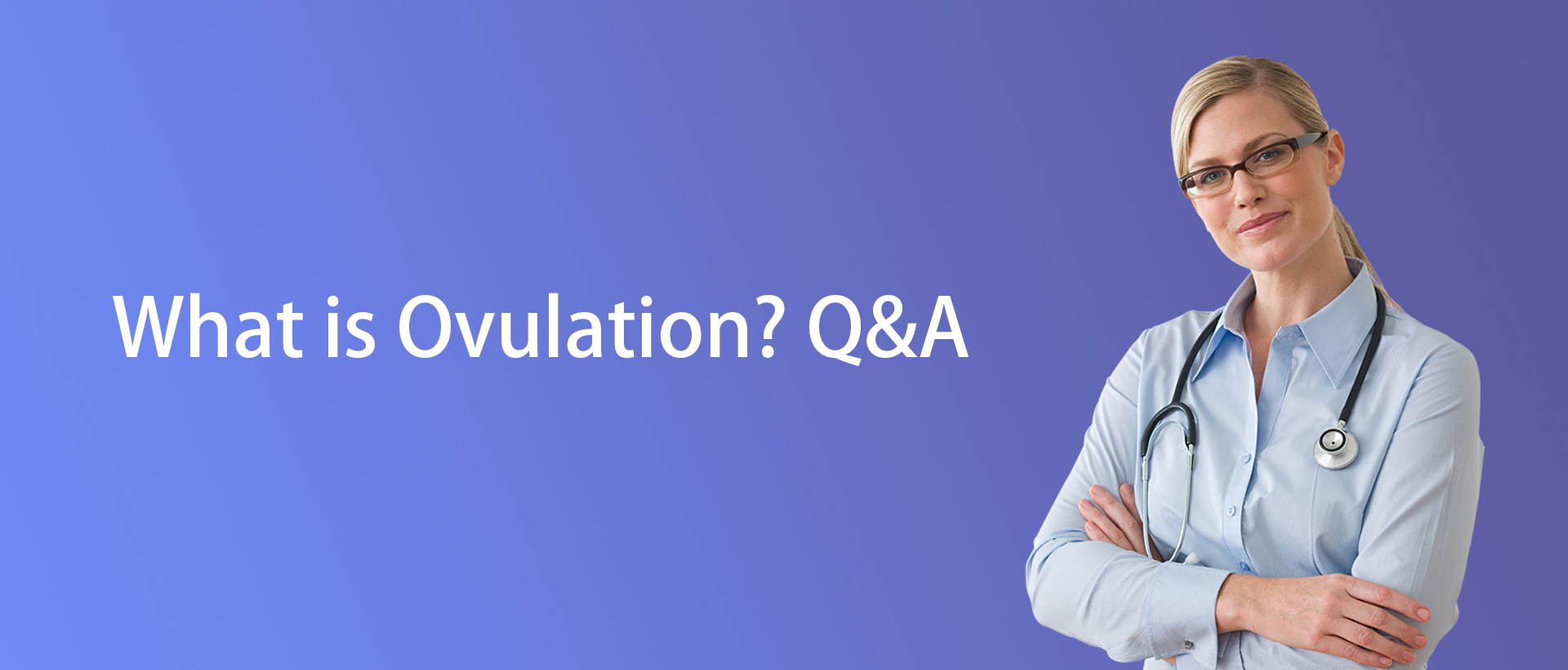
Q: What is Ovulation? Q&A
1. Q: What is ovulation?
- A: Ovulation refers to the process in the female reproductive cycle where an egg is released from the ovary into the fallopian tube. This is a crucial step for conception and typically occurs in the middle of the menstrual cycle.
2. Q: How is the egg released?
- A: The release of the egg is triggered by the rupture of a follicle in the ovary. This process is usually initiated by an increase in luteinizing hormone (LH), a timing often detected using ovulation tests.
3.Q: At what stage of the menstrual cycle does ovulation occur?
- A: Ovulation generally occurs in the mid-phase of the menstrual cycle, around day 14 in a standard 28-day cycle. This is the time when the egg is most likely to be fertilized by sperm.
4. Q: How can one determine if they are ovulating?
- A: Methods to determine ovulation include using ovulation tests, observing changes in basal body temperature, monitoring characteristics of cervical mucus, etc. Ovulation tests typically detect the surge in luteinizing hormone (LH) in urine.
5. Q: Does ovulation occur every month?
- A: Ovulation does not occur every month, especially for those with irregular menstrual cycles. In some cases, the egg may not be released, leading to periodic infertility.
6. Q: What factors may influence ovulation?
- A: Ovulation is regulated by various factors, including hormone levels, body mass index (BMI), lifestyle, stress levels, etc. Unhealthy lifestyle choices and chronic diseases may negatively impact ovulation.
7. Q: Can ovulation be judged by symptoms?
- A: Some women may experience physiological symptoms during ovulation, such as abdominal pain, breast tenderness, changes in cervical mucus, etc. However, not all women undergo these experiences.
8. Q: What is the significance of ovulation?
- A: Ovulation is a prerequisite for pregnancy, as fertilization can only occur when an egg is released. Understanding the ovulation cycle aids in family planning or contraception, enhancing the chances of conception.
9. Q: What issues can arise from ovulation abnormalities?
- A: Ovulation abnormalities may lead to infertility or irregular menstrual cycles. If a woman encounters ovulation issues, it is advisable to consult healthcare professionals for further evaluation and advice.
Please note that the information provided is general, and individual variations may exist. If you have specific ovulation health concerns or questions, it is advisable to consult healthcare professionals for personalized support and advice.
